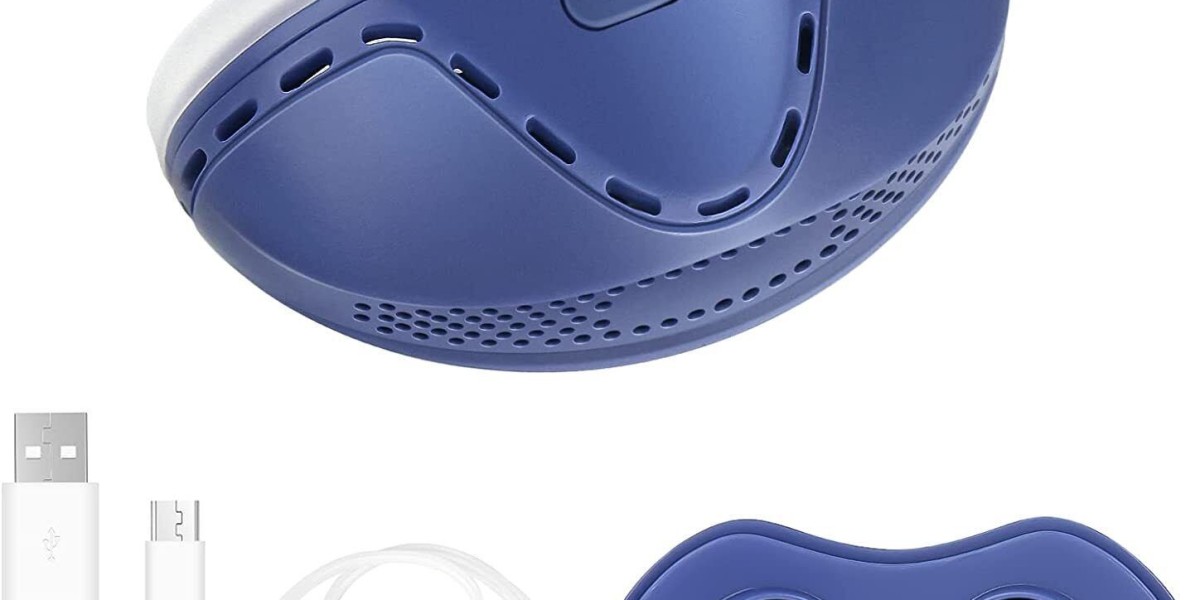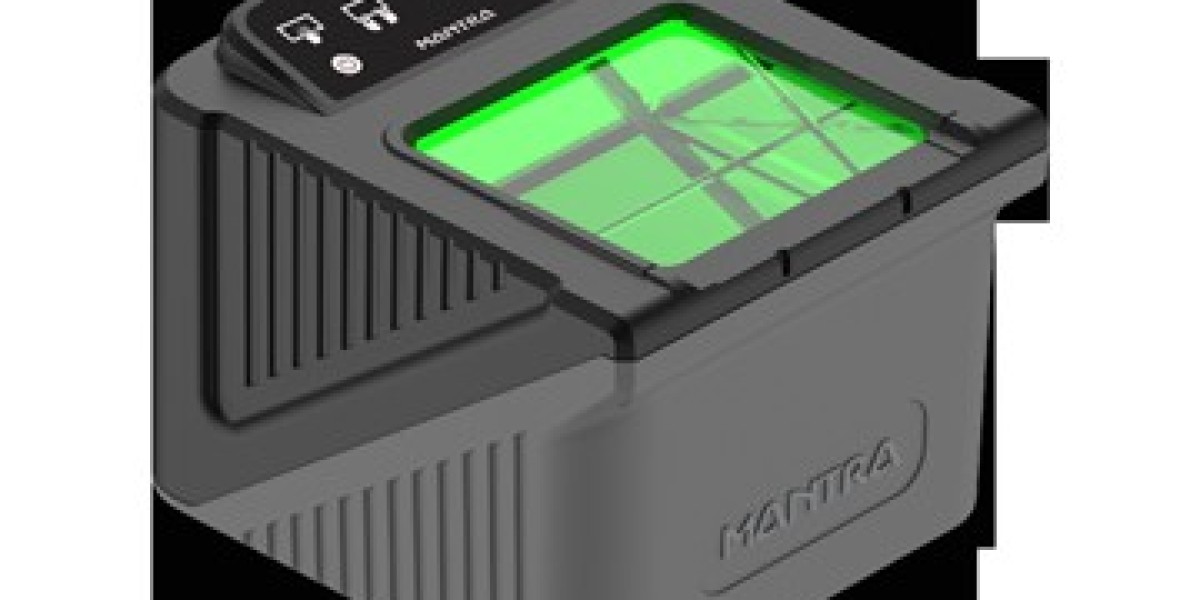The global anti-snoring devices and snoring surgery market has witnessed significant growth in recent years, driven by an increasing awareness of the health risks associated with snoring and sleep apnea. As more people realize that snoring can lead to severe health issues such as heart disease, stroke, and daytime fatigue, the demand for effective solutions has soared. Traditionally, people with snoring issues have relied on devices like nasal strips, CPAP (Continuous Positive Airway Pressure) machines, and oral appliances. However, with advancements in technology, non-invasive devices are becoming more comfortable and efficient, making them popular among those seeking quick, non-surgical solutions.
Non-invasive anti-snoring devices work by targeting the underlying causes of snoring, such as nasal congestion, throat muscle relaxation, or jaw misalignment. For instance, devices such as CPAP machines keep the airways open by delivering a continuous flow of air, while mandibular advancement devices (MADs) reposition the lower jaw to prevent airway obstruction during sleep. Nasal dilators, another non-invasive option, work by improving airflow through the nostrils. As these devices continue to evolve, their ease of use, comfort, and effectiveness have contributed to their rising popularity.
On the other hand, snoring surgery is becoming a viable option for those who experience chronic snoring and do not respond well to non-invasive treatments. Surgical procedures such as uvulopalatopharyngoplasty (UPPP), laser-assisted uvulopalatoplasty (LAUP), and radiofrequency tissue volume reduction (RFV) aim to remove or shrink excess tissue in the throat or nose to improve airflow. For severe cases of obstructive sleep apnea, surgeries like jaw advancement or tracheostomy may be recommended. These surgeries, although more invasive, offer long-term relief and are sought after by individuals with persistent snoring or sleep apnea that significantly disrupts their quality of life.
A key factor influencing the market’s growth is the rising awareness about the health risks of untreated snoring. People are increasingly turning to anti-snoring devices and surgeries not only for a better night’s sleep but also for improved overall health. Health professionals are advising patients to address snoring early, particularly in cases of obstructive sleep apnea, as untreated conditions can lead to complications like high blood pressure, diabetes, and impaired cognitive function. The global healthcare sector is expected to continue investing in research to improve anti-snoring solutions, making them more accessible and effective for a wider range of patients.
The anti-snoring devices and snoring surgery market is also benefiting from technological advancements, such as smart devices that track sleep patterns and adjust treatment in real-time. These technologies are enhancing the effectiveness of both non-invasive and surgical solutions, providing better outcomes for patients. Additionally, the growing demand for aesthetic treatments and cosmetic procedures is also boosting the popularity of surgical solutions for snoring, as many procedures provide dual benefits—improving both appearance and sleep quality.
In conclusion, the increasing prevalence of snoring-related health issues, combined with advancements in both non-invasive devices and surgical solutions, is driving the growth of the anti-snoring devices and snoring surgery market. With continued innovation and growing awareness, both consumers and healthcare professionals are looking for more effective ways to manage snoring and improve overall health.



